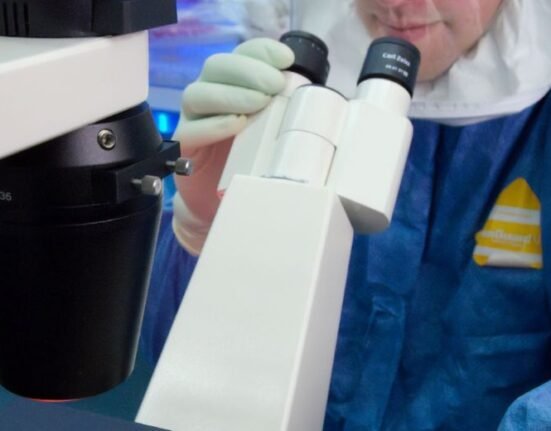Obesity during pregnancy could impact fetal brain development, according to a recent study.
The study investigated the effects of maternal obesity on the various regions of the brain of foetuses. The researchers found that maternal obesity and gut microbiota impacts the offspring’s brain functionality and development. Underlying mechanisms, such as maternal metabolic state, maternal and fetal inflammation, placental lipid transport, maternal gut microbiome, epigenetic modifications of neurotrophic genes, and impaired serotonergic and dopaminergic signalling, were all observed for their associations.
Gene expression associated with fetal brain growth and development can be impacted by alterations in maternal hormone levels caused by obesity.
Maternal obesity-induced metabolic alterations affect the placenta, genetic expression and function. The cellular signalling system may modulate these effects by modifying pathways related to oxidative stress, inflammation, and metabolism. These placental changes have an impact on pregnancy outcomes. Genetics, food habits, and lifestyle choices contribute to suboptimal placental angiogenesis.
High-fat diets and maternal obesity affect the metabolome and early placental structure. A high-fat diet during pregnancy encourages ectopic lipid accumulation, which causes lipotoxicity along with chronic placental inflammation.
Maternal gut microbiome
Recent research has found a strong connection in the oral-gut microbiome axis as the gut-to-oral, and oral-to-gut microbial transmission can control disease development. Gestational diabetes mellitus (GDM) and pulmonary embolism (PE) are known to influence the oral microbiota during pregnancy. Studies have also shown that the microbiome is a crucial functional regulator of the brain and behaviour.
The fundamental makeup of the neonate’s gut microbiota is also influenced by lifestyle factors such as delivery method (vaginal or cesarean) and microbial contamination.
Infants may have different gut microbiota based on antibiotics, breastfeeding, or formula feeding. The early postnatal years are crucial in determining how the brain develops in the future. Animal studies revealed that antibiotic therapy diminished the microbiome, reducing neurogenesis in adult animals.
Antibiotic use reduces the diversity and number of gut microbes in neonates, which has a harmful impact on hippocampal brain-derived neurotrophic factor (BDNF) production, revealed animal studies.
The study concluded that overall obesity and the maternal microbiome alter fetal neurodevelopmental processes, which may impact behaviour in adulthood.




